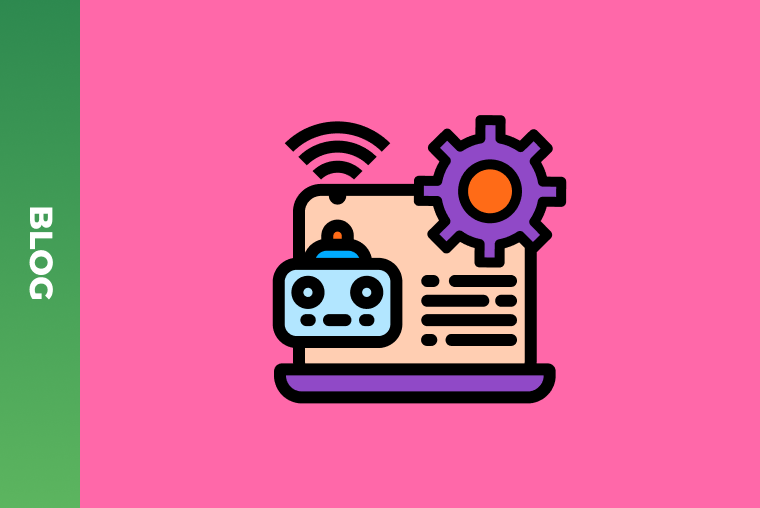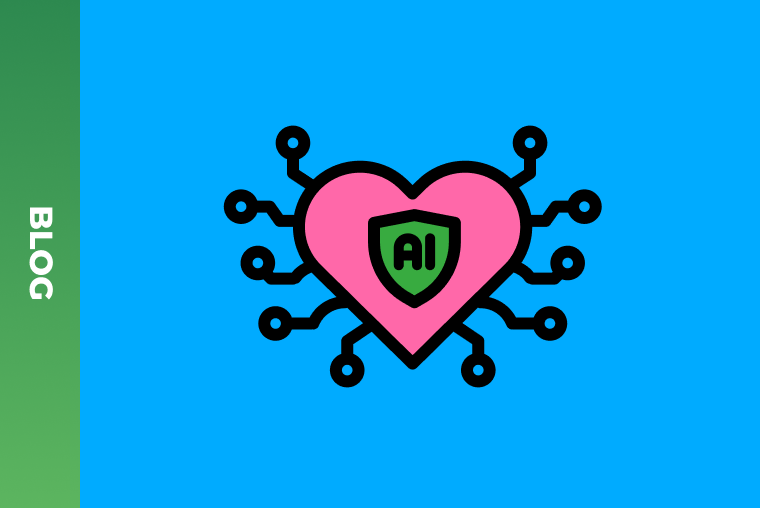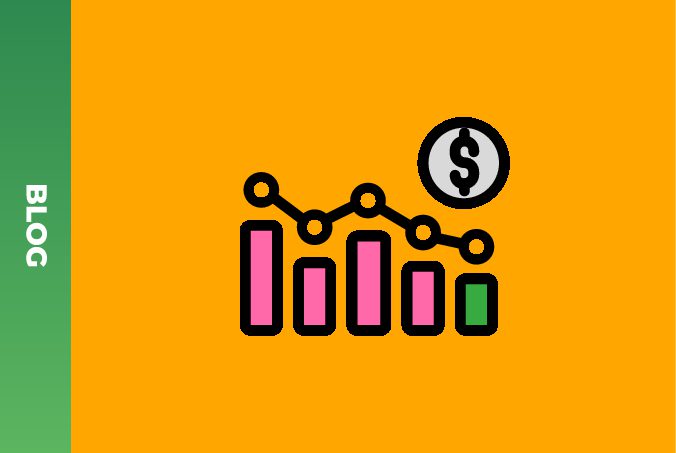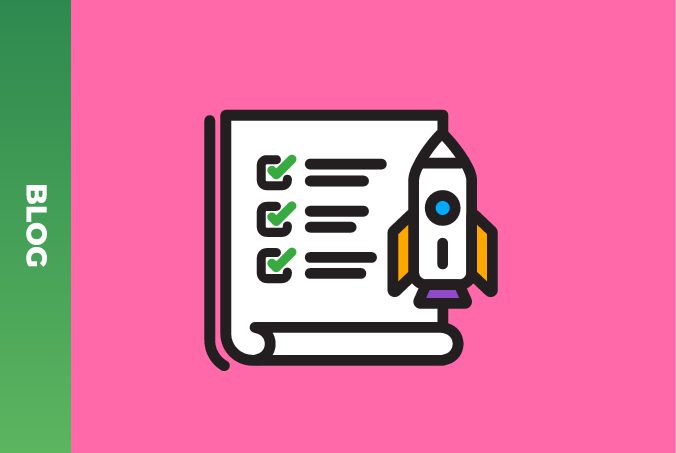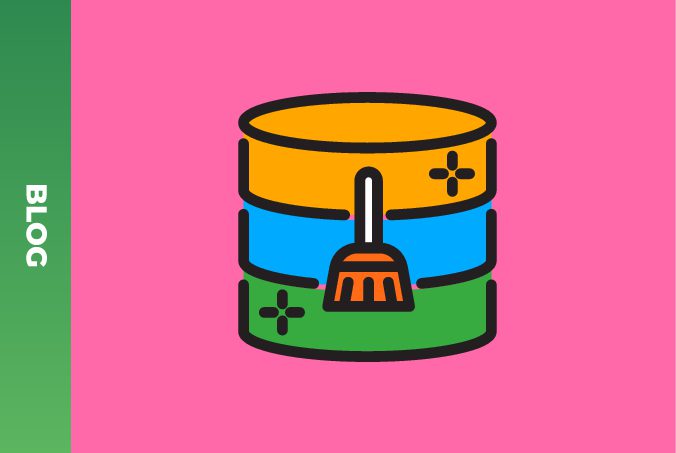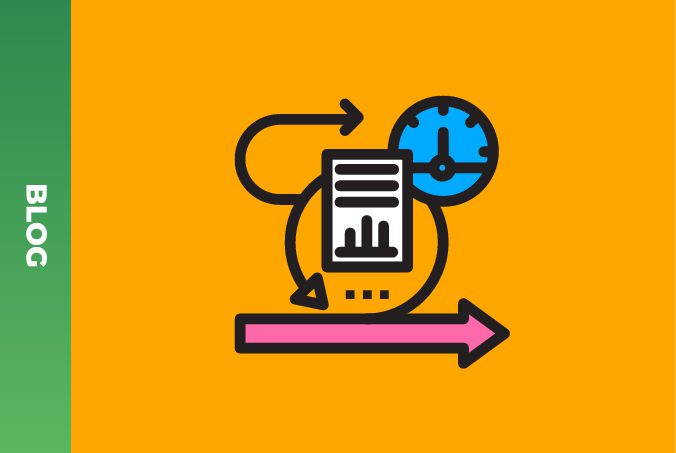Top 10 Big Data Solutions in Healthcare – Global Forecast to 2025
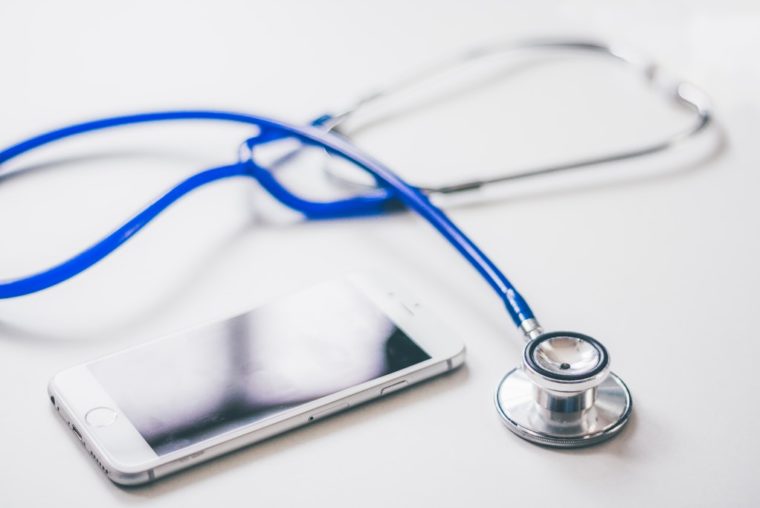
This rating was compiled from GreenM’s forecast analysis of the US and global healthcare markets. We evaluated the prospects of different solutions in terms of four key components: US and Global market size Assessment by 2025, number of companies, providing this type of solution by CrunchBase, US and Global CAGR assessment by 2025 and our educated guess assessment.
Our findings and evaluations are subjective. You can find a table comparing healthcare decisions in the corresponding section of the article. And now we would like to return to the very beginning and discuss the role of data in healthcare and the impact of Covid-19 on working with them.
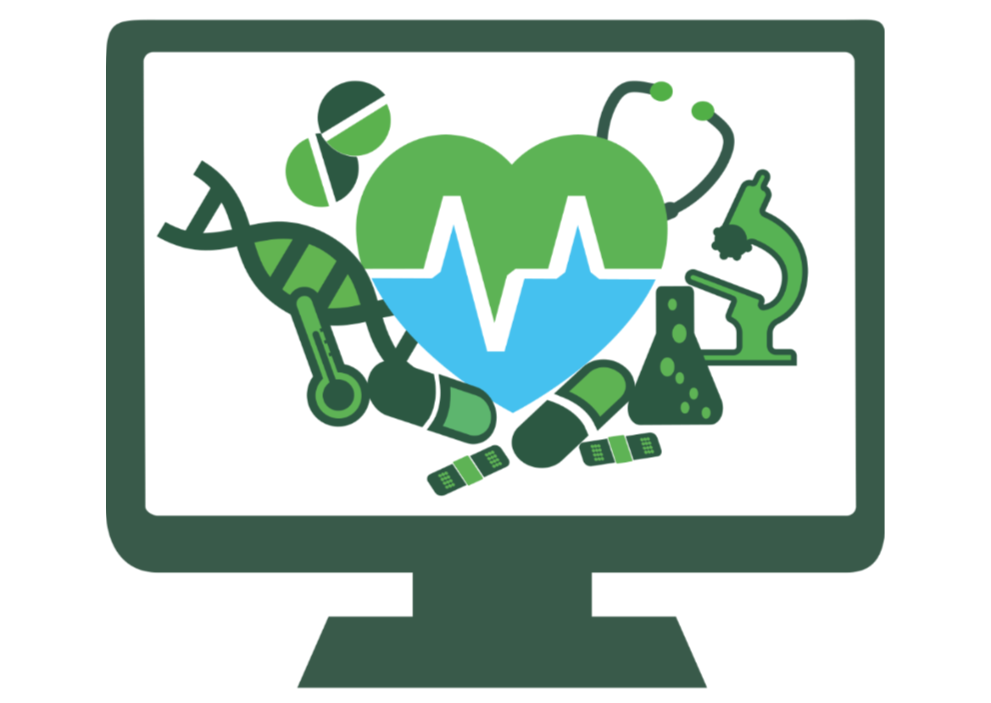
Each of us has declared war against the COVID-19. All people are very grateful for the efforts and sacrifices of advanced medical professionals who are doing everything possible to contain the virus.
Yes, this is the most turbulent time for global medical companies – the fight against the virus, providing care for people’s health, in addition to COVID-19, is still happening, and urgent operations are performed on time. To keep up with new approaches and technologies, the healthcare industry has virtually gone through major digital transformations.
Today, many hospitals already use self-learning tools to help check for symptoms before contacting a doctor. And the use of telemedicine is gaining tremendous momentum. However, even though we are seeing significant progress, it is still difficult for medical facilities to perceive a large amount of data. And this is where we need to maximize the usage of Big Data.
What Is Big Data In Healthcare?
The use of big data analytics in healthcare has many positive results. It uses specific data about the health status of the population and potentially helps prevent epidemics, cure diseases, reduce costs, etc.
Now that we live longer, treatment models have changed significantly, and many of these changes are driven by data.
Indeed, for many years, collecting data for medical use was quite expensive and very time-consuming. Thanks to modern continually improving technologies, it’s much easier for doctors today to gather all the data and also transform it into crucial information, which can then be used to provide better service. This is the goal of data analysis in healthcare.
Big Data Healthcare Solutions Rating
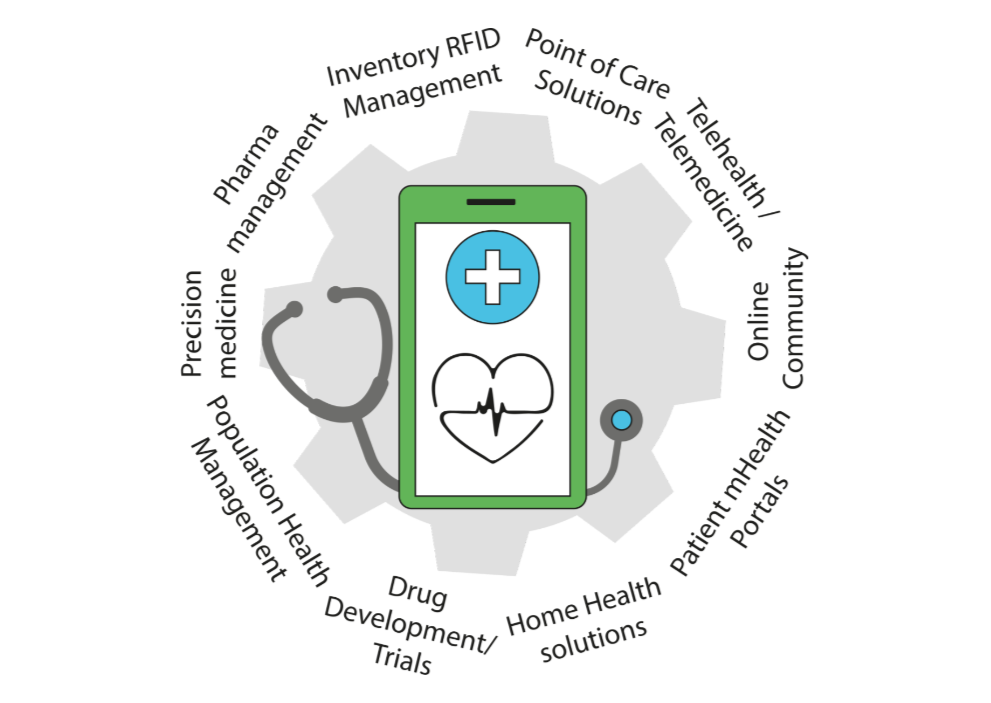
The below table shows the top 10 scored solutions from 50 analyzed by GreenM.
The overall score consists of the sum a score of 4 components (Trends + Growth + Revenue + Companies), where
- Trends – [0-10] educated guess assessment; the higher a number is, the bigger a trend (Trends published by McKenzie, Deloitte and other experts analyzed; Pls check Refs on the last page )
- Growth – [0-10] normalized CAGR assessment by 2025 (Historical & Forecast Analysis published by Medgadget, Statista and Grand View Research),
- Revenue – [0-10] normalized Global market size Assessment by 2025(Historical & Forecast Analysis published by Medgadget, Statista and Grand View Research),
- Companies – [0-10] normalized number of companies, providing this type of solution by CrunchBase.
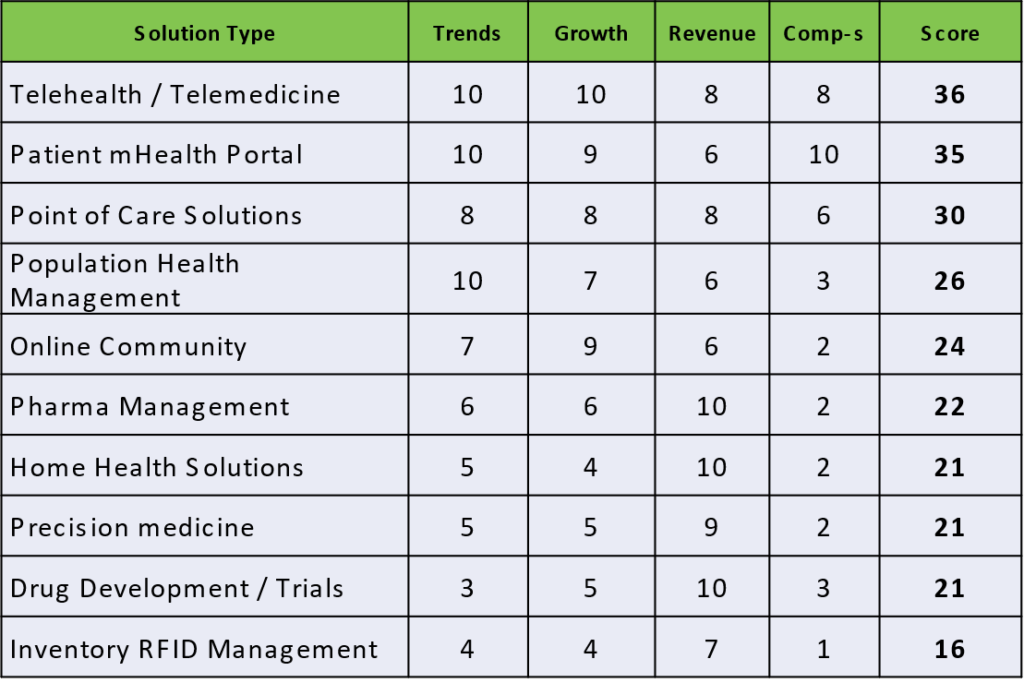
Next, we provide a brief description of these healthcare solutions and talk about the major big data opportunities for them.
Telemedicine / Telehealth
Thanks to big data, medical facilities can fully utilize telemedicine. Thus, doctors and other medical professionals can provide patients with remote diagnostics and various clinical services if they can’t get to the hospital.
Telemedicine allows you to register different vital data of patients. It includes temperature, heart rate, blood pressure and ECG, which are then transmitted to the central repository in real-time via satellite.
In addition, there’s also an opportunity for real-time conferences. Patients and providers can easily use video conferencing software to hear and see each other. It’s crucial in the case of urgent care, follow-up visits, and the management of medications and chronic illness.
Patient mHealth Portals
Another great role of Big Data. Patient portals and mHealth apps provide patients with access to their medical information or status. It includes results such as medical tests, immunization records, medication lists, doctor notes, and more. Such applications are simple and make it possible to schedule appointments or track certain data items.
Point of Care Solutions
With data-driven technologies that empower the point of care, doctors can get the necessary information about the patient and his health to inform the clinical encounter. It helps to identify the various gaps in care, document them, and avoid them as soon as possible.
Population Health Management
Another example of Big Data use in healthcare. Using extensive data analysis, specialists can analyze clinical and financial data in real-time to bridge any gaps in patient care and manage chronic diseases or risks.
Online Community
Today’s healthcare institutions are striving for the right approach to care, and patient participation plays a vital role in this. And thus, specialists need to improve patient involvement in the treatment plan.
Virtual communities are also gaining great popularity for in-depth conversations with your clients. Boards and leaders are asking hospitals and healthcare systems to create virtual customer communities to improve processes and have more real-time data.
Patient engagement
Today’s healthcare institutions are striving for the right approach to care, and patient participation plays a vital role in this. And thus, specialists need to improve patient involvement in the treatment plan.
Using big data analytics, medical workers can ensure the active participation of patients in their treatment, and receive all the necessary information which is especially suitable for patients with chronic diseases.
Pharma management
Lack of drugs and improper use of pharmaceuticals not only lead to financial losses but also severely affect patients. Most health systems and hospitals have difficulty achieving these goals because they lack proper control over the supply and use of medicines. Big Data helps by using an inventory model that combines continuous analysis with production and distribution for a supply chain involving pharmaceutical businesses and a supply chain for hospitals.
Home Health solutions
The benefits of big data for healthcare also include mobile solutions that run Medicare automatic billing and billing checks. As well as database checks, personnel management (GPS tracking, missing shifts, time limits, etc.) and OASIS checks to support cost-based contracts.
Precision medicine
Big data helps create a new approach to the treatment and prevention of diseases, taking into account the individual variability of genes, the environment, and lifestyle for each person, as well as various risks based on in-depth analysis.
Now it’s easier for medical institutions to create a more advanced precision medicine program with the most sophisticated and integrated infrastructure for clinical genomic testing.
Drug development / Trials
The drug discovery process is quite complex and contains various disciplines. Big ideas are often associated with a lot of tests, substantial costs, and time. Data science and machine learning algorithms significantly simplify this process by adding perspective to every step from the initial screening of drug compounds to predicting success rates following biological factors.
Inventory RFID Management
Today’s healthcare facilities are facing an increase in patient volume, as well as increasing expectations for patient experience and satisfaction. To meet all these requirements, you need a more streamlined workflow.
One of the critical factors in the workflow is asset tracking and management. And this is where the active Radio Frequency Identification technology (RFID) appears. It helps track and manage hospital resources, determine the real-time location (RTLS), and meets the requirements of the Joint Commission (JCAHO).
Barriers that inhibit proper data engineering in healthcare
If you want to work with Big Data technologies in healthcare, you need to be aware of all aspects that can have a negative influence on data engineering and analytics. Based on our experience, we believe that the points listed below are critical for a company that wants to be competitive.
Trust and Open Data Culture
All data should be protected because the security of IT networks and devices is critical. Nonetheless, for organizations to thrive in the world after this crisis, data needs to be open, since an open data culture can drive innovation.
Ability to innovate using data more quickly
Companies that collect, process, and then use data can innovate faster. However, there should be a transparent and fast flow of data between departments, and feedback has to be a consistent and reliable part of the process.
Mature data engineering
Managers and department leaders need to make quick and useful data-driven decisions.
Rapid delivery of the right data, to the right teams, at the right time
The right data should reach the right teams at the right time. So, if real-time data would help sales and marketing teams make more effective decisions, then systems need to be geared to provide that.
Data-driven KPIs
Improving the relevance and timeliness of KPIs can help companies achieve growth goals, and increase staff productivity, performance, and client satisfaction.
Making customer data more secure
Since there are so many examples of misuse of data after this pandemic, companies should carefully review their current security and access policies in the coming months and years.
BI Ecosystem
The Business Intelligence Ecosystem (BI) continues to expand. Over the past 20 years, the integration and separation of BI applications and technologies have occurred. But thanks to more innovations in this area, the feedback flow will soon look like this: Data> Understanding> Action> Data.
AI Platform as a Service (PaaS)
Once the data sets become large, AI, and machine learning (ML) are needed to understand them and generate the value and insights that organizations can use.
Conclusion
Regardless of what awaits us in the next 5 years, the healthcare industry will grow. But changes that keep the pace of growth must be accepted now.
With this in mind, it’s never been more important for healthcare IT and software companies to make the most effective use of data.
The lessons related to coronavirus have forced the United States and other countries to take a number of measures that are aimed at the early implementation of data solutions in healthcare in the hope of further development of the industry.
From telehealth to point of care solutions, patient healthcare outcomes improve and costs reduce when big data innovation will be deployed the right way. In our forecast, we tried to predict which of these solutions will be the most in demand in the future.
WANT TO BUILD A HEALTHCARE MVP BASED ON OPEN DATA?
Learn how to take a concept from a business problem to a functioning solution in a very short period.
References:
https://www2.deloitte.com/global/en/pages/life-sciences-and-healthcare/articles/global-health-care-sector-outlook.html (+ “deloitte-cn-lshc-lshc-predictions-2020-en-070115” paper)
https://blog.definitivehc.com/top-8-healthcare-trends-2020
https://mobidev.biz/blog/technology-trends-healthcare-digital-transformation
https://ncube.com/blog/trends-in-healthcare-2020-get-ready-for-digital-transformation
https://sbs-me.com/blogs/6-it-trends-will-transform-healthcare-industry-in-2020/
https://www.alliedmarketresearch.com/remote-patient-monitoring-market
https://www.boardofinnovation.com/blog/healthcare-trends-that-are-shaping-2020/
https://www.grandviewresearch.com/industry-analysis/mhealth-market
https://www.grandviewresearch.com/industry-analysis/track-trace-solutions-market
https://www.healthcareitnews.com/blog/addressing-social-determinants-health-data-interoperability
https://www.healthcatalyst.com/insights/2020-healthcare-trends-and-how-to-preparehttps://www.mobihealthnews.com/news/europe/public-health-england-uses-new-app-manage-scaled-workforce-during-covid-19-crisis

